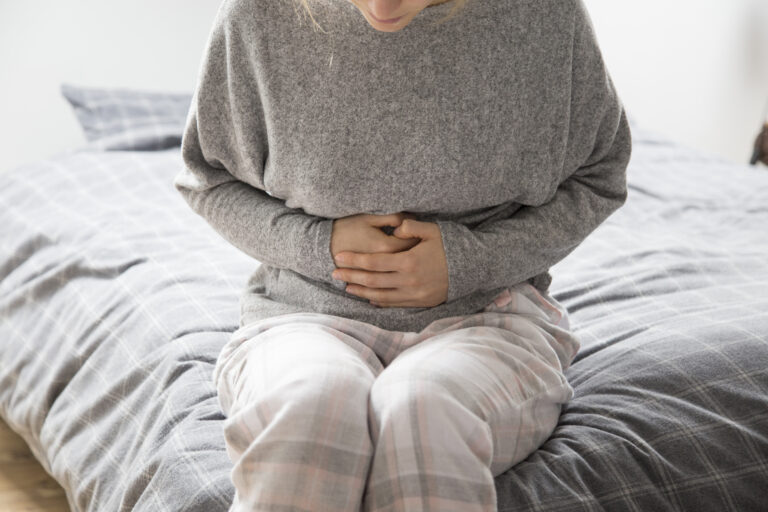Postpartum constipation is more common than many new mothers realize. Hormonal changes, dietary shifts, and the effects of childbirth can all contribute to digestive discomfort. If you’re struggling with this, you’re not alone—and there are medical strategies that can help.
Why Does Postpartum Constipation Happen?
- Hormonal Changes: Pregnancy hormones slow down digestion, and it takes time for your body to readjust.
- Iron Supplements: If you took iron supplements during pregnancy or post-delivery, they might be causing constipation.
- Dehydration: Many new moms forget to drink enough water while adjusting to life with a newborn.
- Pelvic Floor Weakness: The strain of childbirth can affect your ability to have a normal bowel movement.
Doctor-Approved Strategies to Relieve Postpartum Constipation
1. Increase Fiber Intake
A fiber-rich diet can help regulate bowel movements. Include fruits like papaya and pears, and whole grains like oats and brown rice.
2. Stay Hydrated
Drinking at least 2-3 liters of water daily can soften stools and promote smoother digestion.
3. Gentle Physical Activity
Short walks and light postpartum exercises can help get your digestive system moving again.
4. Safe Stool Softeners
If dietary adjustments aren’t enough, your doctor might recommend a mild stool softener or laxative that is safe for postpartum use.
5. Prioritize Gut Health
Probiotics found in yogurt and fermented foods can improve digestion and prevent constipation.
When to Seek Medical Help
If you experience severe bloating, pain, or haven’t had a bowel movement in several days despite trying these approaches, it’s best to consult a doctor. At Paloma Care, our medical team is here to provide personalized guidance and support for your postpartum recovery.



